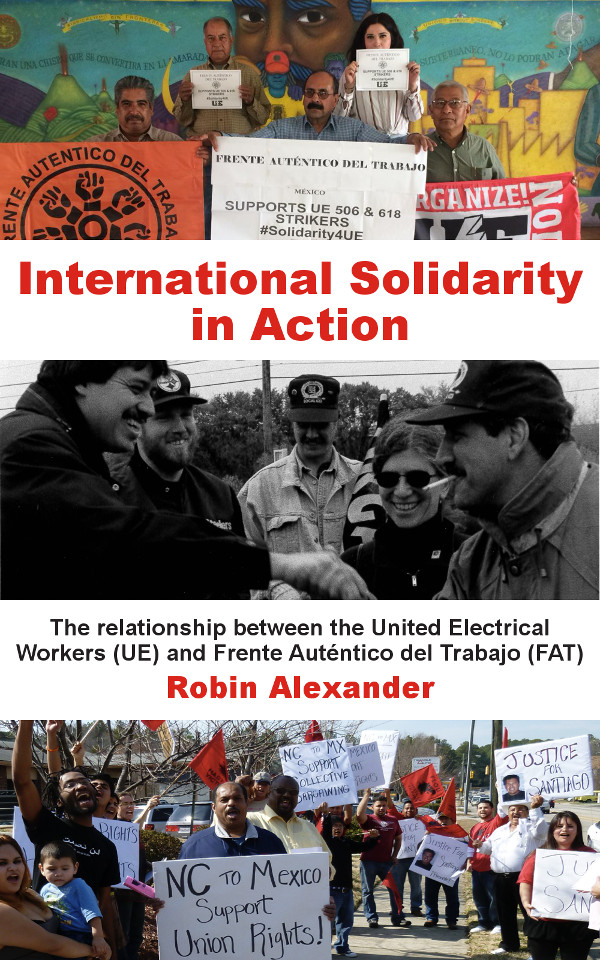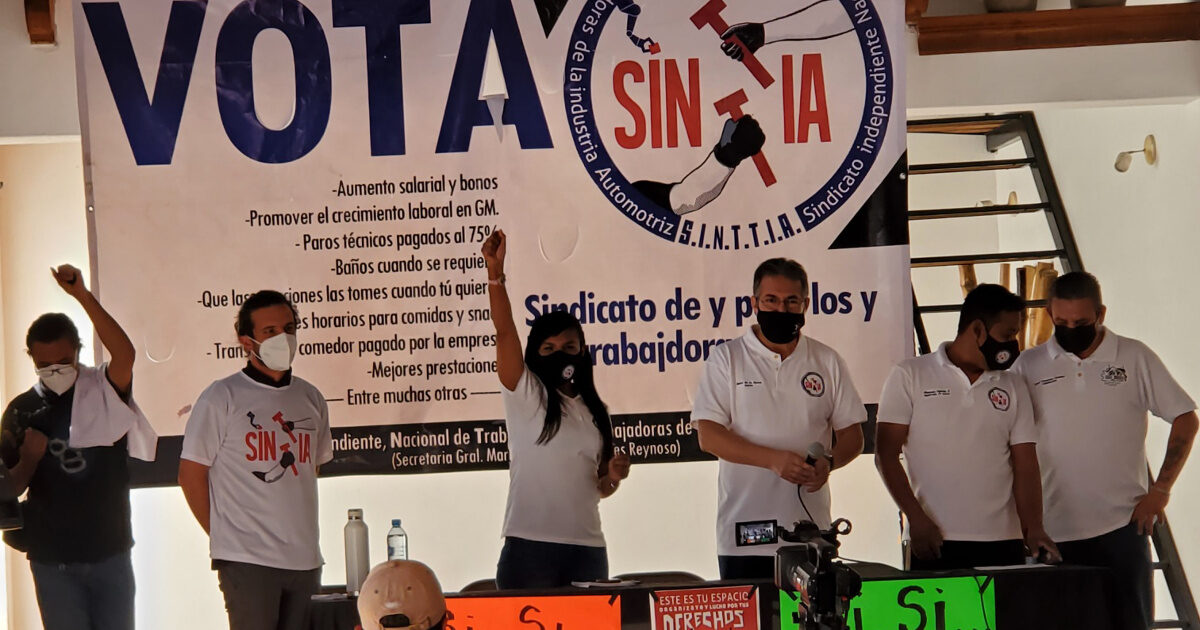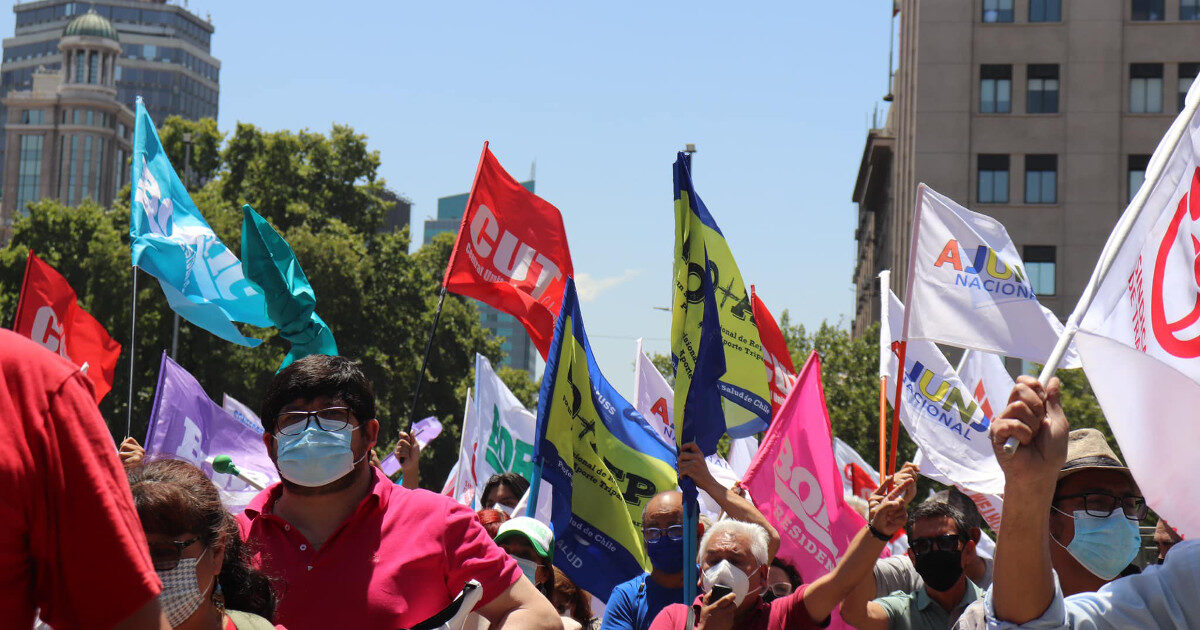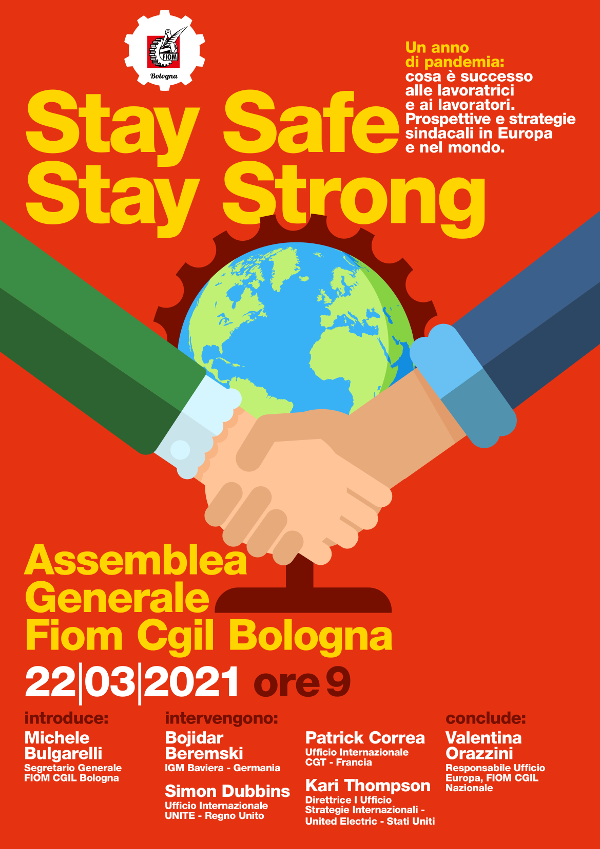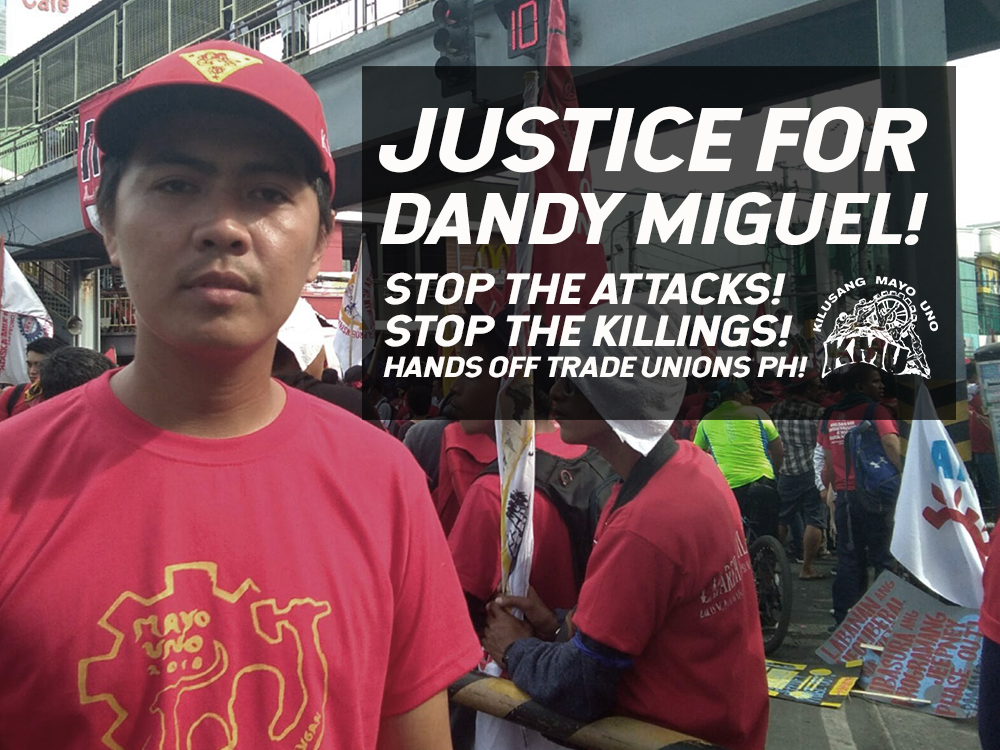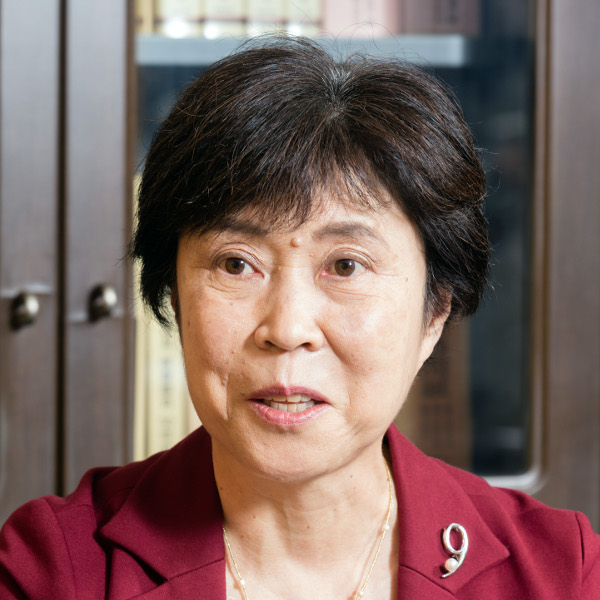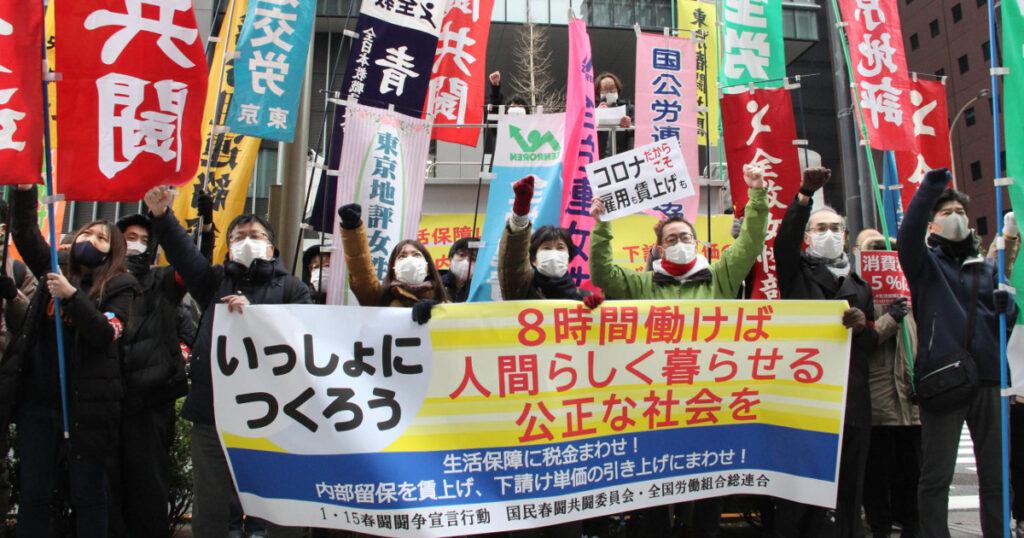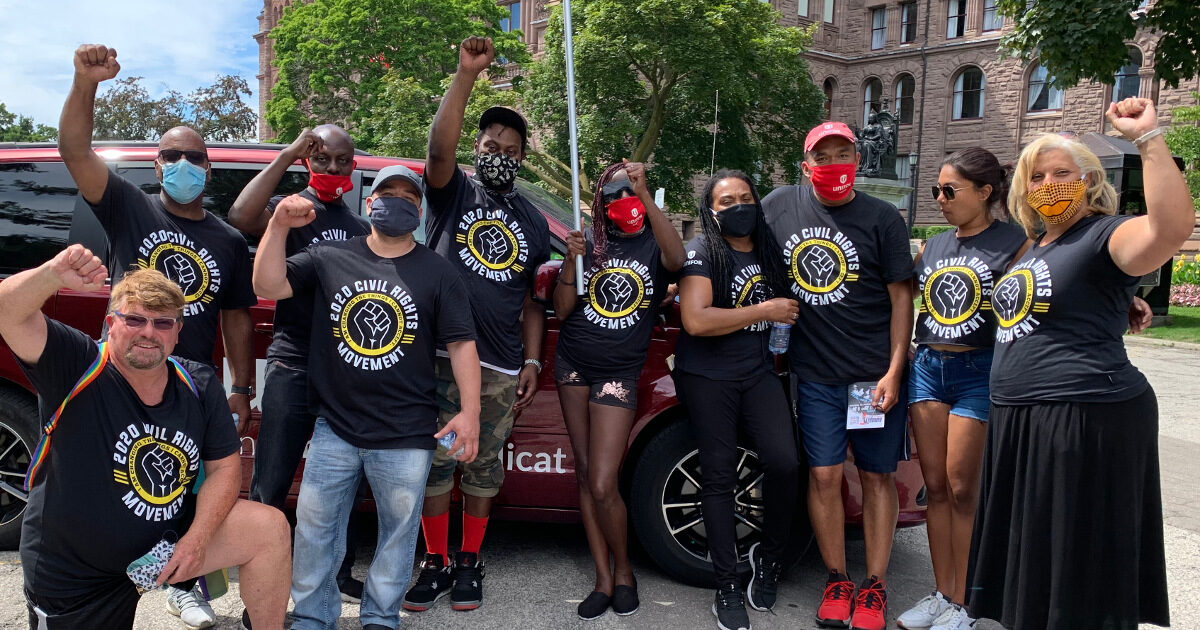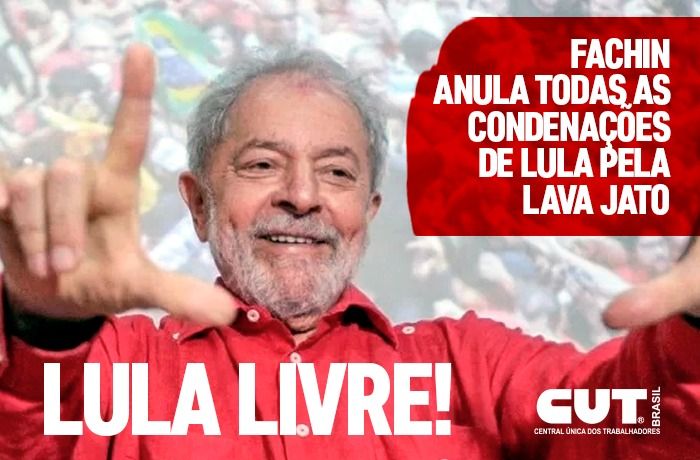On a recent delegation to Cuba, UE Project Staff Chris Hollis asked local union leaders at an electronics plant in Havana how workers in Cuba would go about organizing a union.
“They didn’t understand my question,” Hollis told the UE NEWS. After several attempts to rephrase his question — “How do you go about building unions in these plants?” — the source of the workers’ confusion became clear: in Cuba, “every job has a union.” Workers are not forced to go through the same difficult process as workers in the U.S. in order to exercise the right of collective bargaining.
Hollis, who first joined UE as a founder of the Blue Collar Workers Organizing Committee at the Valley Proteins rendering plant in Fayetteville, North Carolina, is currently working for UE organizing municipal workers in Virginia Beach and Newport News, Virginia. In November, he took part in a “Friendshipment caravan” organized by the Interreligious Foundation for Community Organization (IFCO)/Pastors for Peace. Since 1992, IFCO/Pastors for Peace has worked to bring an end to the U.S. economic blockade of Cuba through such caravans, which provide humanitarian aid to the Cuban people in defiance of the blockade.
Before he received the opportunity to join the caravan, Hollis said, “All I knew [about Cuba] was what I was educated to believe coming up in school” — that Cuba was an island full of terrorists. Leading up to his departure, he said he took time to read about Cuba, because “I wanted to not take that mindset with me.”
In Cuba, Hollis chose to visit the electronics factory, because “I really needed to learn and see how the trade unions operated in Cuba.”
He described an “electrifying atmosphere” when he arrived at the plant, being greeted warmly by the union members. “These weren’t people that were just put in place to put on a show,” Hollis emphasized, “these were workers.”
Following up on his question about organizing, Hollis asked whether anyone was laid off during the pandemic. He learned that, although workers’ hours changed because the factory changed to one shift, “nobody lost their jobs during the pandemic.” In fact, when production later picked up dramatically and the plant’s profits increased, “They would take that extra money and distribute it to the employees as bonuses.”
“I thought that was amazing,” said Hollis, “because they actually looked out for the workers.”
“This is a socialist society, we all help each other,” explained the union president.
In the U.S., Hollis noted, “You are going to have capitalist companies that are always going to be at odds with unions,” but in Cuba “company people work hand in hand with labor unions to make sure workers are treated fairly.”
“Their collective bargaining agreements are very detailed,” Hollis reported, including guarantees of workers’ rights to concerted activity and disciplinary action towards management for any violation of the agreement.
The delegation also met with the President of Cuba, Miguel Díaz-Canel. During the meeting, in response to a question from Hollis, Diaz-Canel said that the Cuban government supports trade unions in ensuring that workers are treated fairly and have adequate wages and safe working conditions.
Hollis said that because of Cubans’ culture of working together and taking care of each other “in the midst of a pandemic, in the midst of a 60-year blockade, they are able to be successful, and the workers are living good lives.” He did point out that “They could live better if it was not for the sanctions” imposed by the U.S.
UE Policy passed by delegates to the most recent UE convention states, “Our government has no justification for the economic blockade of Cuba, which makes it more difficult for Cubans to access medicine, food, and essential life-giving supplies. The blockade hurts workers in both countries. Jobs are lost, while U.S. manufacturers are denied a major market just 90 miles offshore.”
Hollis reported that “A lot of businesses opened up and flourished” in Cuba during the Obama administration, when the blockade was eased somewhat, and people were “able to live better because trade became a lot more available.” After Trump re-imposed full sanctions, however, “those businesses tanked.”
Hollis told the UE NEWS he believes that the culture of solidarity he experienced in Cuba should be a model for unions and working people in the U.S. “If we only had this kind of culture,” he said, we would have more ability “to bring workers together, to give workers a seat at the table.”
Photo, left to right: UE Project Staff Charles Brown, interpreter Rosbel Lazaro, and UE Project Staff Chris Hollis.


